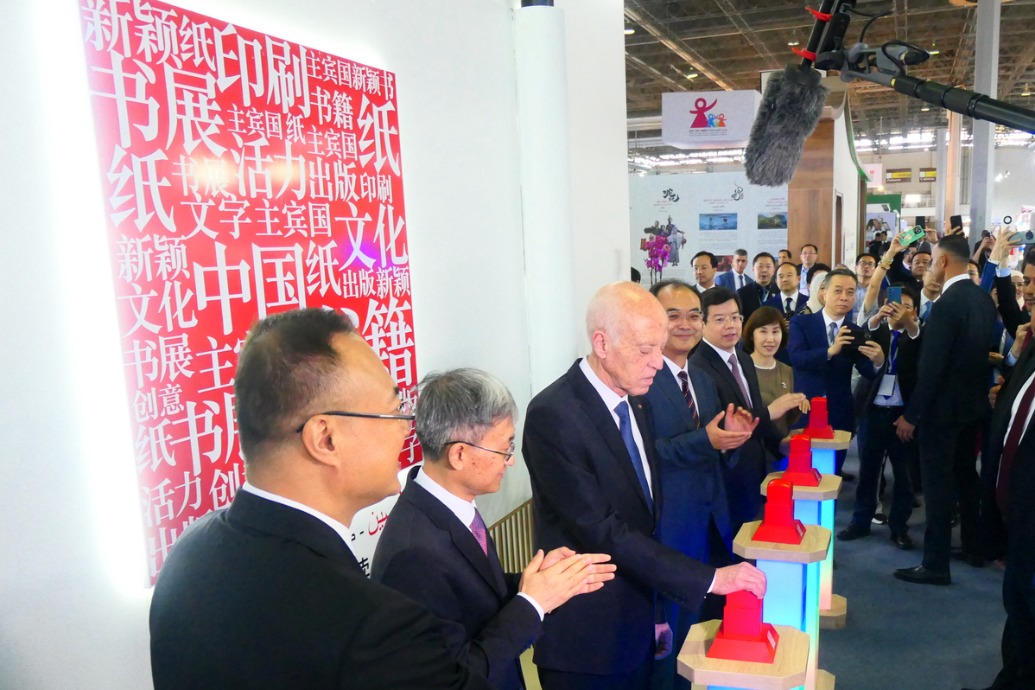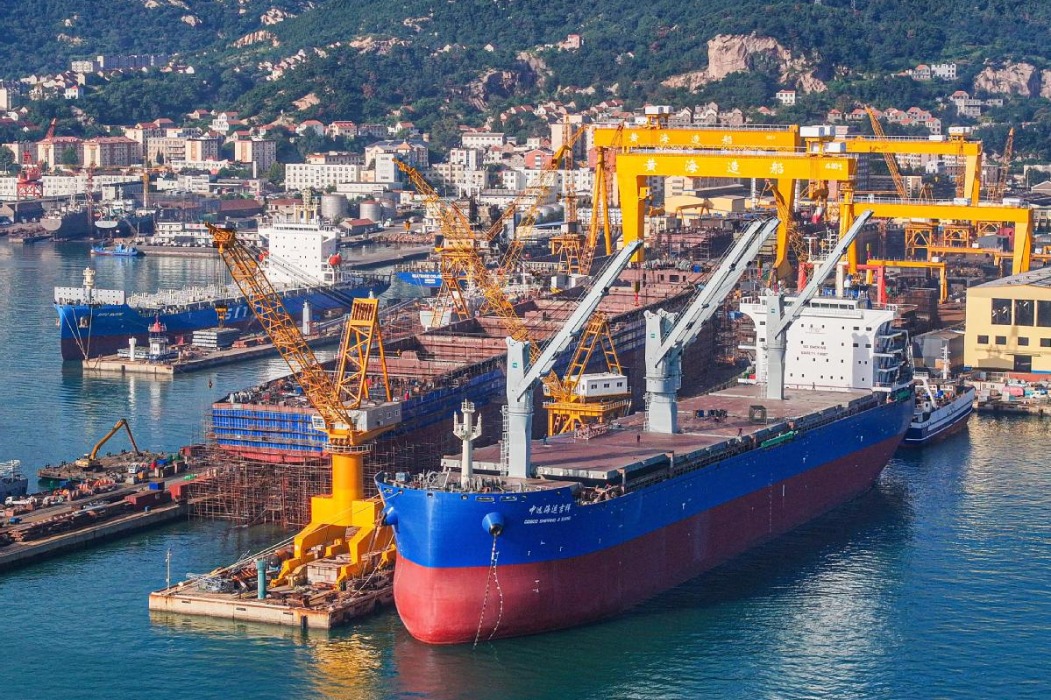Durable bond
Brazil and China have forged their partnership for the 21st century over many decades


During Chinese President Xi Jinping's visit to Brazil in November 2024,37 memorandums of understanding were signed with the Brazilian government on cooperation in a wide range of areas. There are many synergies between Brazil and China, particularly related to the New Growth Acceleration Program, specifically in energy and transportation, in which Chinese companies have achieved a high level of expertise. Cooperation will also advance in other areas, such as the reindustrialization of Brazil, the digital economy, environmental sustainability and telecommunications. There is a well-paved path to strengthening the strategic partnership.
However, there is fear that this relationship could be affected by pressure from third parties. The rise of the Donald Trump administration, for example, is generating much apprehension worldwide. In addition to promising a trade war against partners and adversaries, he has challenged the international order by considering the annexation of Canada, the resumption of control over the Panama Canal, and the occupation of Greenland. In addition, he has defended the doctrine of "Manifest Destiny", a supposed divine mandate for the expansionism of the United States. As he did in his first term, he will apply the "Monroe Doctrine", which presupposes "America for Americans" with a view to rejecting the presence of extra-regional powers in Latin America, such as China and Russia. Finally, he promises to punish the BRICS countries if they manage to move forward in creating alternative means of payment to the US dollar.
The mindset of the Washington elite is to recreate the Cold War against China and to force its hemispheric neighbors to take sides with it, as happened during its disputes with the Soviet Union. However, times have changed. The Soviet Union's economic presence was limited to its surroundings and to the socialist countries of the Council for Mutual Economic Assistance, which is nothing compared to the role played by China in the global economy. During the Cold War, the US was Latin America's largest trading partner, which is not the case today.
Since 2009, China has been Brazil's leading trading partner. Brazil exports oil, soybeans, iron ore, meat, cotton and other commodities to China, importing mainly intermediate goods used in local industrial processes and non-durable consumer goods and, recently, electric and hybrid cars. In this sense, two considerations must be made.
The first is that trade with China creates a large surplus used to offset deficits with other countries and keep Brazil's external accounts up to date. Without this surplus, the country would have already fallen into yet another of the many exchange rate crises it has had in its contemporary history.
Second, it is essential to consider that the supply of goods produced in China has brought a competitive shock to local industry, forcing down the price of many consumer goods. In 1990, a pair of regular sneakers cost the equivalent of a minimum wage. In 1993, a 20-inch color tube television cost around $400. Today, consumers can buy a 50-inch flat-screen TV with an internet connection for this price. The same logic applies to the automobile sector. Before the arrival of Chinese vehicles, multinational automakers had already established themselves here, selling models with little technology and at an absurd price. A car model that sells for $28,000 in the US is sold in Brazil for the equivalent of $42,000. The arrival of brands such as Chery, GWM and BYD is changing the market landscape in favor of consumers, offering higher quality products at a lower price. An important aspect of China's relationship with Brazil is mutual respect. There are no unilateral impositions or bullying on the part of the Beijing government. Investments in the country comply with Brazilian legislation, and there are no political or ideological conditions, as occurs in relationships with other powers.
It is worth paying attention to the energy sector, where Chinese companies offer viable solutions to our market's demands. China has developed ultra-high voltage direct current transmission technologies, which make operations cheaper and prevent system voltage losses. This is very important for a country of continental dimensions, where energy sources are far from the main consumer markets.
Still, on this subject, it is necessary to consider the contribution of Chinese companies to the green transition. Fifteen years ago, solar panels cost around $8.7 per watt and had an efficiency of around 15 percent. Today, they cost on average $3 per watt and have an efficiency of between 19 percent and 22 percent. It is precisely this sharp drop in prices that enables the enormous expansion of solar energy generation in Brazil, ensuring the creation of new jobs and the reduction of greenhouse gas emissions. A similar process has occurred with wind energy production. The main component of generation towers are rotors produced by China. In January 2024, Chinese companies were responsible for 66 percent of the world's production of this component, according to Enerdata. In August 2024, Goldwind, the largest company in the sector, opened the first wind turbine factory outside of China in Bahia.
The space of an opinion article is not enough to exemplify the richness and depth of the bilateral relationship, which also involves culture, education, and ties between the two peoples. It is important to emphasize that the partnership with China was not built by just one government but is a project of the Brazilian State that has been advancing since 1974, regardless of the political color of the rulers. Because of this, Brazil's interests will not be subject to the will of other countries.
Brazilian society values partnership and understands China's importance to the country's development. It will not accept the imposition of choosing sides in a new Cold War. Brazil values peace, respect for nations' sovereignty, and a fair and democratic international order. In these aspects, it is in agreement with China. It is ready to move forward together with China in the 21st century.

The author is a professor of international political economy at Sao Paulo State University in Brazil. The author contributed this article to China Watch, a think tank powered by China Daily. The views do not necessarily reflect those of China Daily.
Contact the editor at editor@chinawatch.cn.


































